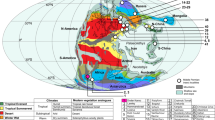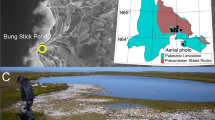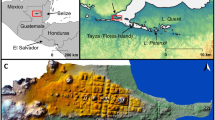Abstract
THE expedition, which is being financed by scientific societies and the University, left England in October and is at work on the rift valley lakes of Kenya. The object of the expedition is twofold: First, to continue studies on the ecology of the East African lakes which were started by the Government fishing surveys of Lakes Victoria, Albert, and Kioga in 1927–28, and at the same time to make thorough collections of the faunas of Lakes Rudolf, Baringo, and Edward, which have previously received only a cursory scientific examination; secondly, by studying the old lake beaches and deposits, to continue farther north the investigations made around Lakes Nakuru, Elmenteita, and Naivasha by Mr. L. S. B. Leakey and the biologists of the East African Archæological Expedition. It is hoped to link up evidence from lake beaches, the distribution of the present lake faunas, and the chemical constitution of the waters into a unified whole, and so to work out, so far as possible, the previous distribution of land and water during the pluvial periods.
This is a preview of subscription content, access via your institution
Access options
Subscribe to this journal
Receive 51 print issues and online access
$199.00 per year
only $3.90 per issue
Buy this article
- Purchase on Springer Link
- Instant access to full article PDF
Prices may be subject to local taxes which are calculated during checkout
Similar content being viewed by others
Rights and permissions
About this article
Cite this article
WORTHINGTON, E. Cambridge Expedition to the East African Lakes. Nature 127, 337–338 (1931). https://doi.org/10.1038/127337b0
Issue Date:
DOI: https://doi.org/10.1038/127337b0
Comments
By submitting a comment you agree to abide by our Terms and Community Guidelines. If you find something abusive or that does not comply with our terms or guidelines please flag it as inappropriate.



